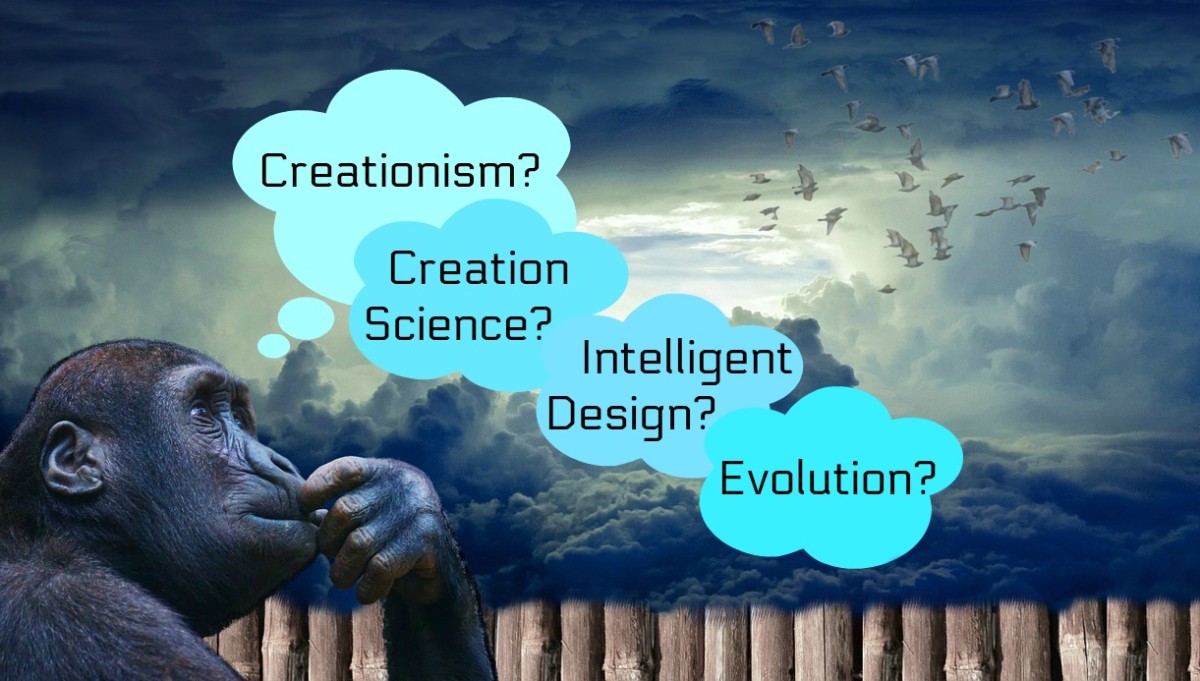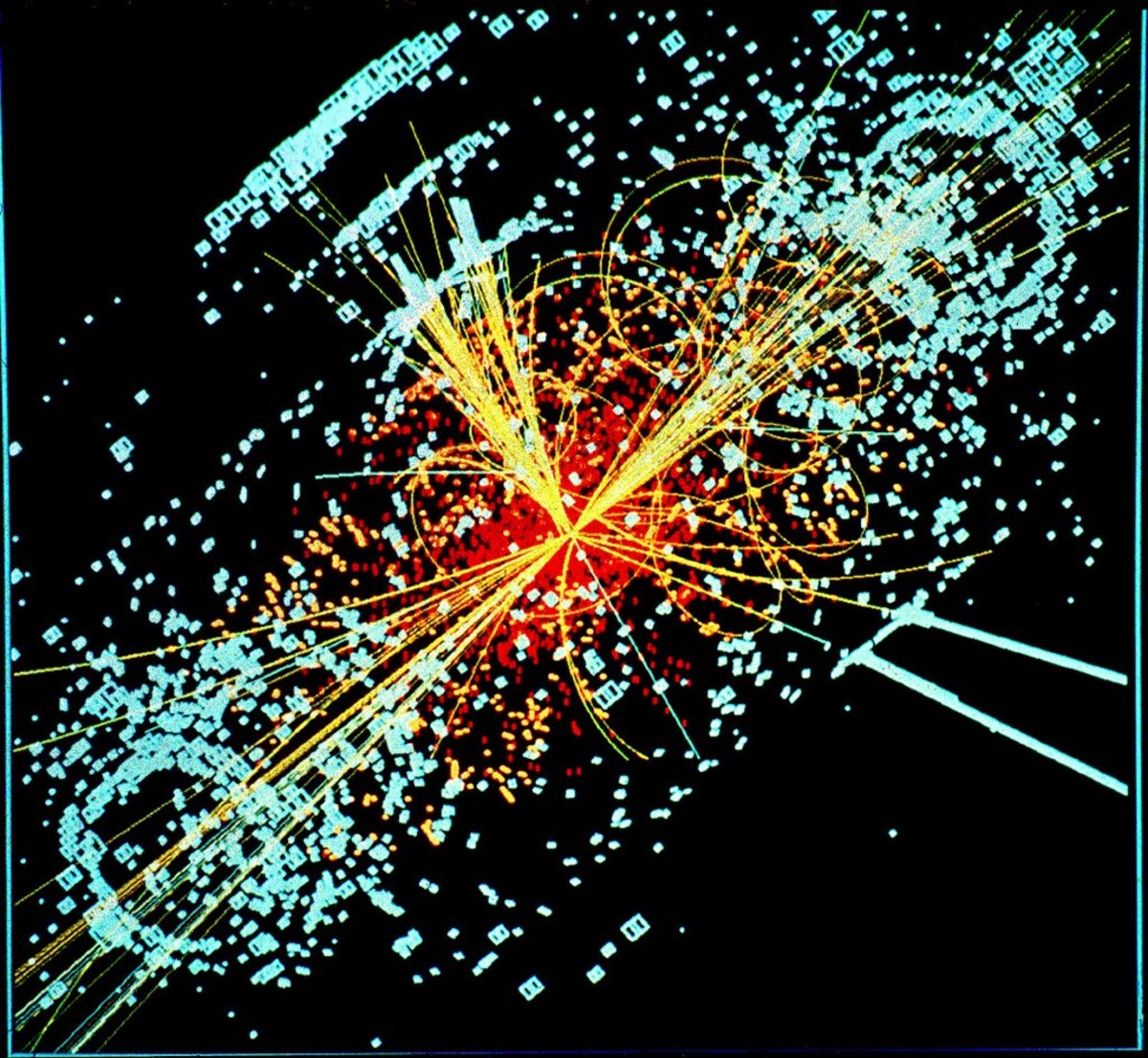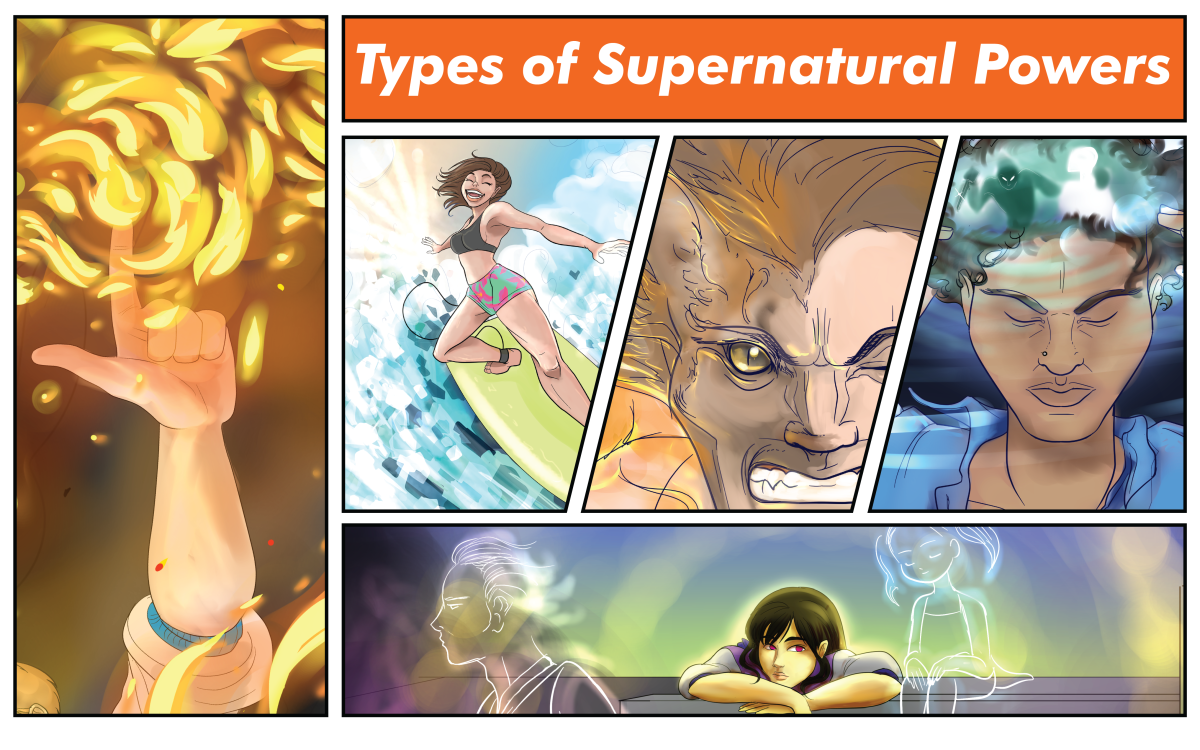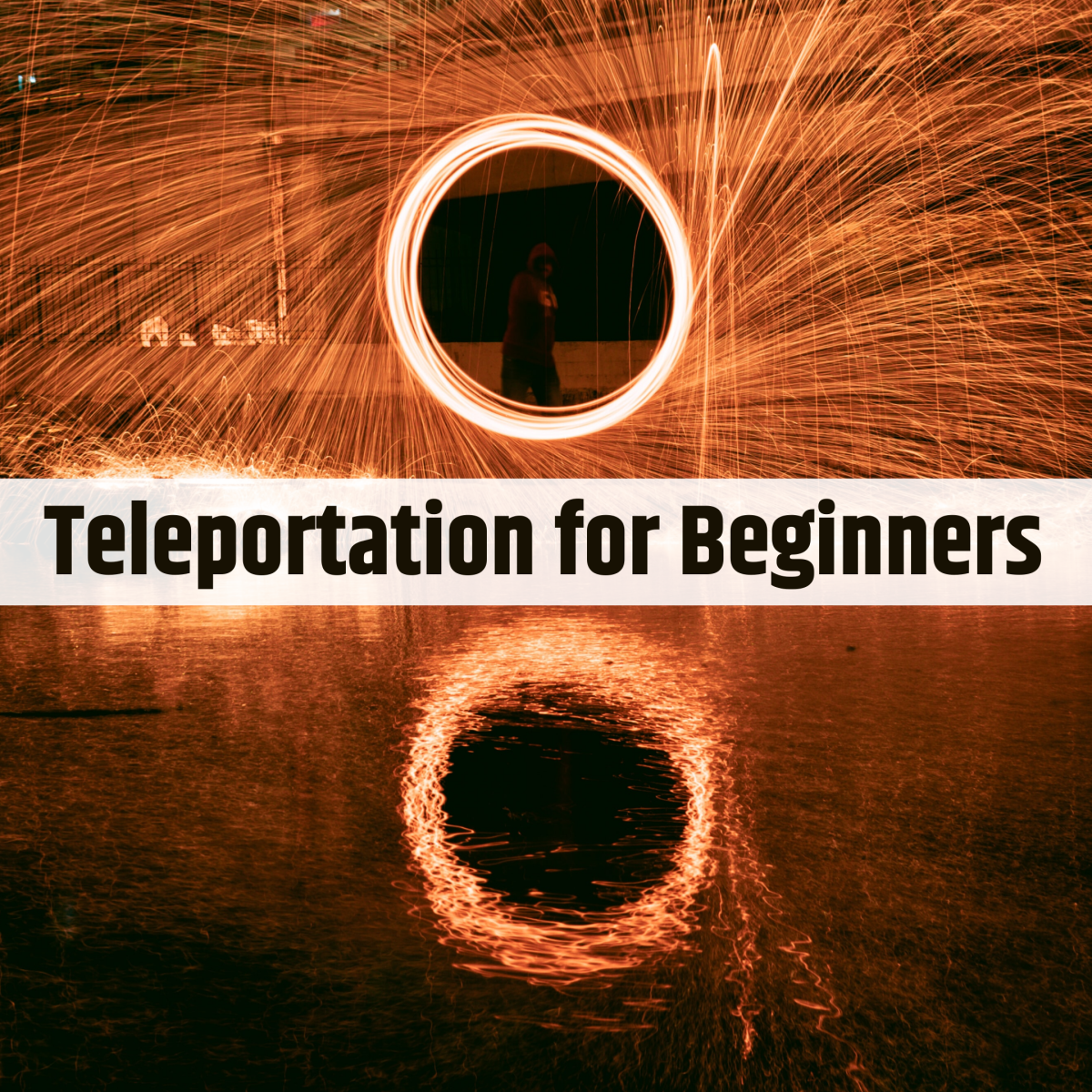Is Science The New Religion?
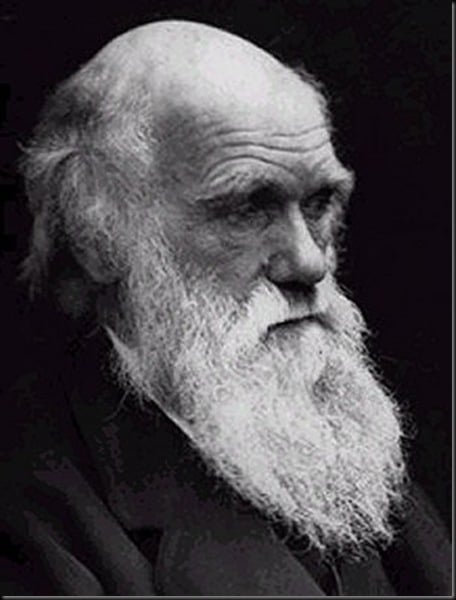
My apologies to the great Richard Dawkins (and the many other great scientific minds) who think and say that science is not a religion. But even though I am guess-timating that I only have at most about 10% of his intellect and scientific knowledge, I also have a right to be heard. Now me being taken seriously is a separate issue.
Incidentally, Richard Dawkins, among with a handful of other "scientists" who detest the concept or the idea of Intelligent Design were interviewed by Ben Stein in his 2008 film “Expelled: No Intelligence Allowed”. (There is a video of that interview below, plus another clip including the interview with Michael Ruse).
In The Beginning
I finally got around to watching that 2008 Ben Stein Movie “Expelled” (yes, it's only been two years you know since it was shown).
But for those who have not seen it, I suggest you watch it first and then maybe come back to read or reread this article (just in case you are a masochist or something).
And for those of you who have unfortunately seen it, I know you have your own opinions regarding that movie and I have no intentions or grand illusions of changing any of that.
But first off, why do I say that Science is a new Religion (or The New Religion)? Well, in the same way that I view Atheism as a Religion (of course many Atheists will not agree to that), I also view Science as a Religion in itself.
Although, let us primarily agree with the definition of Religion first (if we can or if we can find something to agree on even).
I know there is totally no general consensus or a general consensual definition of the word.
But etymologically speaking, this term is derived from either the Old French word which most probably came from the Latin word meaning “good faith” or “a ritual”. Another source could be another Latin term meaning “ligament” which would mean “to bind” or “to tie together”.
So Religion might literally mean or was intended to mean “continuing to tie it all together”. The term “all” meaning everything that we see, hear, smell, taste and feel, all around us, yes including the unseen.
One website I saw, boasted the best definition they can come up with is one that Michael York of Bath Spa University in the United Kingdom have said. He stated Religion is “a shared positing of the identity of and relationship between the world, humanity and the supernatural in terms of meaning assignment, value allocation and validation enactment. A Religion need not accept or believe in the supernatural, but it takes a position on. Likewise, some religions deny the reality or at least value of the world, but they still take a position."
Don’t worry, I reread that definition a few times myself, so feel free to do the same.
Wikipedia and Dictionary.com states that Religion is the belief in and worship of a god (or gods) or in a general set of beliefs explaining the existence of and giving meaning to the universe.
Now the Agnosticism/Atheism Section on About.com uses the same non-committal approach found in The Encyclopedia of Philosophy. They did not define the term but rather they described some of the factors that are typically found in Religion or any religion, of course, they only included or are referring to the religions that they themselves label as religions.
But in essence, going by all the definitions that we have read above, Science is probably the Ultimate Religion of them all. It thus aims to tie everything together. And it thus, seeks to explain the existence and the origins of the universe. And in all this, it does look like it could be a Religion in itself, again nobody will probably agree to that, of course and I have no qualms with that.
Moving along, after watching the movie Expelled, and even though I did like parts of it, I did not particularly like or agree with a few parts and in fact I even fell asleep in more than one occasion. It was a good thing it was a long enough film, especially because it was supposed to be a “documentary”, that even though I dozed off a couple of times, I still manage to wake up before it ended.
Why I See Science More As A Religion More So Now After Watching Expelled
We forgot to mention earlier that Religions have a set of rules, belief systems and rituals and what they consider right or wrong or true or false. And we also failed to note that those who were brave enough to normally go against their set of rules will be expelled, or ex-communicated, or punished severely or what have you.
And just by watching in the movie how a handful of scientists were stating that they were “supposedly” expelled because they said the bad word (or words) “Intelligent Design” (or ID) and how passionately the pillars of Science had strong arguments and strong words against ID, I was like thrown back to the Middle Ages.
And I totally imagined how Charles Darwin (that's his photo above looking all so somber) himself who have went against the grain or against the church by daringly talking about, writing down and publishing his Origins of Species, The Descent of Man and natural selection which totally was viewed as evil and untrue by the Religion of that day. I have no doubt that he was “expelled” himself.
Yes, not unlike what these scientists who wrote about ID had done to the establishment or the norm of today (Science).
But don’t get me wrong, I have no way of finding the real truth behind those so-called scientists who were featured in the movie but I do tend to agree and believe that one, some, many or even all of the so-called scientists who said they were “expelled” was partly because they openly talked about the controversial theory of ID that tries to explain the origins of life and the universe as being designed by who else but an intelligent designer.
And I have no issues believing that there are much more out there who are afraid to say that they too support the idea of an intelligent designer for fear of whatever repercussions, all bad of course, at least in their minds. But as I have said, it is not hard to believe that and not improbable to be "punished" because of it.
Why I Suppose Scientists Are Vehemently Opposed To The Idea of Intelligent Design
The overlying issue here being the theory of Intelligent Design can and will open doors to Creationism (another sinful or evil word, if not the eviliest word in Science today).
In fact in many scientific circles, Creationism and ID are viewed to be synonymous or one and the same. I do not agree that they are one and the same but just the very thought that Science can now be used to prove the existence of an Intelligent Designer, or a Creator or heaven forbid a God, will of course ruffle a lot if not all of the Scientific Community and the Academe. And we can see how some of the pillars of science will definitely be against that, yes even using any and all means necessary. Medieval torture or at least intimidation perhaps?
And of course, again, I have no way of knowing this or much less proving any of these alleged “expulsions”.
Although the movie did show that Iowa Ste University (one of the institutions being singled out that expelled a professor because he said that there could be an intelligent designer of the universe) had addressed this issue against them and said they did not wish for their school to be linked to ID or something like that. (Yes as in, that would have been dreadful, shameful even).
Lastly, even though “Expelled: No Intelligence Allowed” have showcased a number of scientists who said they were unduly “expelled” because they support Intelligent Design or at the very least spoke about it. I must say that there was nothing in the movie or anywhere else for that matter that any of these “expelled” scientists did something legally to address their persecution claim. Or as far as I know, no court case or no legal battle has ever been brought up against the so-called “expellers”. Well, not that they have a strong and winnable case anyway. And it is not as if the ACLU will take up their cause and fight for them.
So, in the end it will always be one’s word against the other, as in everything else.
And of course the view of the Scientific World can and will always trump the voice of a single or even a handful of their members, especially ex-members.
So is Science the New Religion?
I will make no final or definitive statements about it, but rather I will leave it on to your own hands to make your own unbiased judgment. For in the end, we should all make our own choices of what to believe and on who to believe in.
So help you God. Or so help your own self (depending on what you believe in).
In the end, we only have ourselves to be held accountable for any and all of our own decisions and we should never ever blame anybody for all these choices and actions that we have made or will make in the future.
Is Science a Religion?
See what Richard Dawkins think: http://www.thehumanist.org/humanist/articles/dawkins.html
As I said, he is so much more intelligent, scientific and eloquent than I could ever hope to be.
And also, I invite you to read the transcript of part of Ben Stein’s Interview with Richard Dawkins and Michael Ruse as shown in “Expelled: No Intelligence Allowed” seen below. Enjoy.
Source: http://darwinianfundamentalism.blogspot.com/2009/11/transcript-of-interview-of-richard.html
= = =
Ben Stein: How did it get created? [Referring to the origins of life]
Richard Dawkins: By a very slow process.
Ben Stein: Well, how did it start?
Richard Dawkins: Nobody knows how it got started. We know the kind of event that it must've been. We know the sort of event that must've happened for the origin of life.
Ben Stein: And what was that?
Richard Dawkins: It was the origin of the first self-replicating molecule.
Ben Stein: Right, and how did that happen?
Richard Dawkins: I've told you, we don't know.
Ben Stein: So you have no idea how it started?
Richard Dawkins: No, no. Nor has anybody.
Ben Stein: Nor has anyone else. What do you think is the possibility that intelligent design might turn out to be the answer to some issues in genetics or in evolution?
Richard Dawkins: Well, it could come about in the following way. It could be that at some earlier time, somewhere in the universe, a civilization evolved, probably by some kind of Darwinian means, probably to a very high level of technology, and designed a form of life that they seeded onto perhaps this planet.
Um, now that is a possibility, and an intriguing possibility. And I suppose it’s possible that you might find evidence for that if you look at the details of biochemistry, molecular biology, you might find a signature of some sort of designer.
. . .
And that Designer could well be a higher intelligence from elsewhere in the universe. But that higher intelligence would itself have had to have come about by some explicable, or ultimately explicable process. It couldn't have just jumped into existence spontaneously. That's the point.
= = =
Ben Stein: How did we get from an inorganic world, to the world of the cell.
Michael Ruse: Well, one popular theory, is that it might have started off on the backs of crystals.
. . .
Michael Ruse: Molecules piggy-backed on the backs of crystals forming, and this lead to more and more complex... But of course, the nice thing about crystals is that every now and then you get mistakes - mutations, and that this opens the way for natural selection.
Ben Stein: But, but at one point, there was not a living thing...
Michael Ruse: Yeah.
Ben Stein: And then there was a living thing. How did that happen?
Michael Ruse: Well, that's just the hy... I've just told you. I don't see any reason why you shouldn't go from very simple to more and more complex to more and more complex.
Ben Stein: I don't either, I don't either. But I don't know how you get from mud to a living cell. That's my question.
Michael Ruse: Yes, well I've told you. I think... I'll try one more time.
Ben Stein: (talking over Ruse): You think it's on the backs of crystals.
Ben Stein: On the backs of crystals.
Michael Ruse: On the backs of crystals is at least one hypothesis, yes.
Ben Stein: So, so that's your theory, and you think that is more likely and less far-fetched than intelligent design.
Michael Ruse: I think it is.
= = =
Yes, don’t ask me. And yes, you did hear all of that right.
Watch the video clips below, if you want to listen to it yourself.
On The Lighter Side
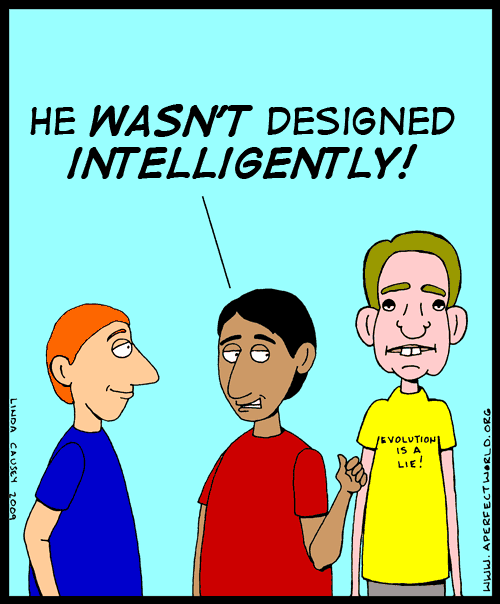
Richard Dawkins Interview
Clips From Expelled: Including the Michael Ruse Interrview
Regarding the Origin of the Life, what do you believe in?
Hub Number: #034
Date: 2010-July-31
Next Hub: http://hubpages.com/hub/Are-You-Still-Not-Sure-Why-Your-Kids-Are-Acting-That-Way
Related Article
- Science Imitating Life
Slow Motion, Flash Back, Rewind and Fast Forward Its normal for people to say that art imitates life, or life imitates art, or art imitates science or even science imitates art. But what do you think...



